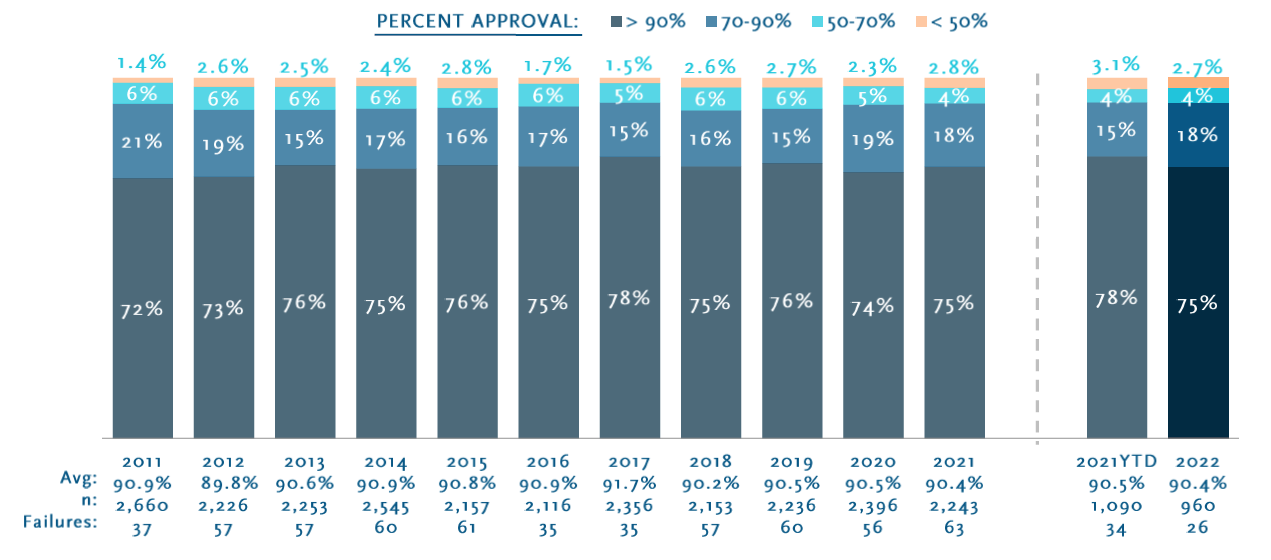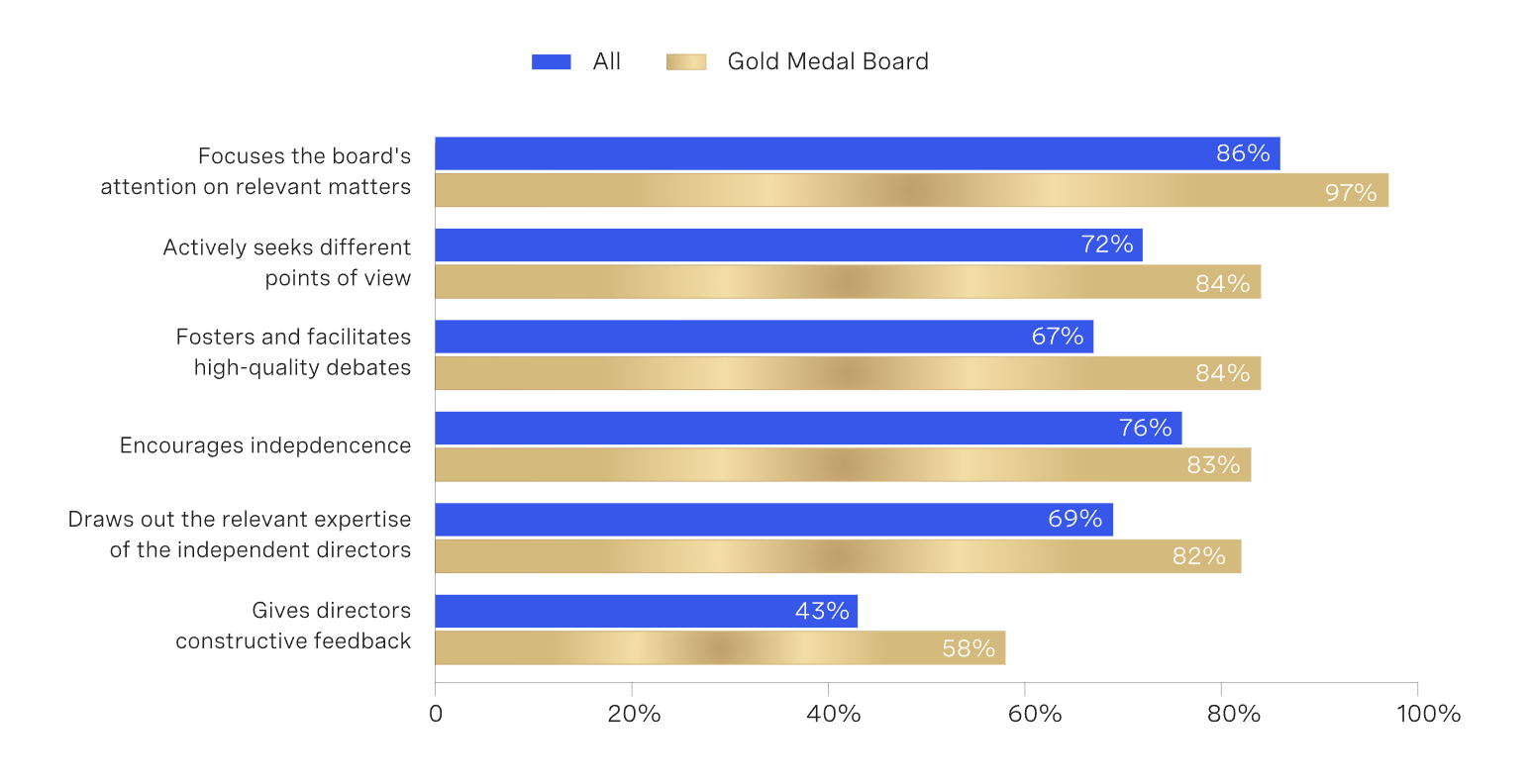William Ferguson is Chairman at Ferguson Partners; David F. Larcker is the director of the Corporate Governance Research Initiative at Stanford Graduate School of Business and senior faculty of the Arthur and Toni Rembe Rock Center for Corporate Governance at Stanford University; and Brian Tayan is a researcher with the Corporate Governance Research Initiative at Stanford Graduate School of Business. This post is based on their recent paper.
We recently published a paper on SSRN, VICI Properties: Creating Value from the Ashes of Caesar’s Demise, that examines the corporate governance changes that took place with the formerly bankrupted property assets of Caesar’s Entertainment to illustrate the potential impact that thoughtful governance choices can have on corporate performance.
Case studies of corporate governance often focus on failures—bankruptcies, fraud, terminations, and lawsuits. From these, consultants and researchers offer a post-mortem perspective on how failure could have been avoided if only certain best practices were adhered to. Recommendations are then cobbled together to help other corporations avoid a similar outcome.
Much rarer (and much harder to find in financial press accounts) are clear-cut examples of corporations where a careful selection of governance features played an important role in positioning the company for subsequent financial and operating success. Such stories are not salacious enough to drive media viewership, even though they are instructive to practitioners who aim to improve the performance of their organizations.
VICI Properties—a publicly traded REIT that emerged out of the post-bankruptcy ashes of Caesar’s Entertainment—offers an interesting example in which the eventual controllers of the assets were able to design critical corporate governance features de novo with the purposeful intention of creating a system that would add significant value to their ownership securities. In this post, we can learn important lessons about how appropriate governance choices can change the course of a corporation and establish a foundation for long-term success. In particular, we will focus on the role governance can play in creating stakeholder trust in situations in which trust had earlier been broken.


The Proposed SEC Climate Disclosure Rule: A Comment from the Investment Company Institute
More from: Dorothy Donohue, Eric Pan, Susan Olson
Dorothy M. Donohue is Deputy General Counsel, Securities Regulation; Susan M. Olson is General Counsel; and Eric J. Pan is President & Chief Executive Officer of the Investment Company Institute. This post is based on their comment letter submitted to the U.S. Securities and Exchange Commission.
Related research from the Program on Corporate Governance includes The Illusory Promise of Stakeholder Governance (discussed on the Forum here) and Will Corporations Deliver Value to All Stakeholders? (discussed on the Forum here) both by Lucian A. Bebchuk and Roberto Tallarita; Restoration: The Role Stakeholder Governance Must Play in Recreating a Fair and Sustainable American Economy – A Reply to Professor Rock by Leo E. Strine, Jr. (discussed on the Forum here); and Stakeholder Capitalism in the Time of COVID, by Lucian Bebchuk, Kobi Kastiel, and Roberto Tallarita (discussed on the Forum here).
This post is based on a comment letter submitted to the SEC regarding The Proposed SEC Climate Disclosure Rule by the Investment Company Institute. Below is the text of the letter with minor adjustments to eliminate the correspondence-related parts.
The Investment Company Institute is writing to provide our views on the Securities and Exchange Commission’s proposal to require public companies to provide investors with consistent, comparable, and reliable information related to climate-related risks. Our members, US regulated funds, on whose behalf we write today, hold total assets of $29.7 trillion, serving more than 100 million investors. They clearly have a significant interest in how the nature and availability of climate-related risk information provided by public companies evolves. Fund managers analyze this, and other, information in formulating their investment decisions on behalf of those millions of long-term individual investors.
Executive Summary
Our comments on the proposal are based on our belief that any climate risk disclosure framework should be designed in a manner that:
The Commission’s proposal advances some, but not all, of these goals. We therefore express support for several elements of the proposal and recommend modifying other aspects to more effectively align with those goals. In addition, in an appendix to this letter, we explain the importance of the Commission adhering to the materiality standard that underlies the federal securities laws in designing any final rules.
READ MORE »